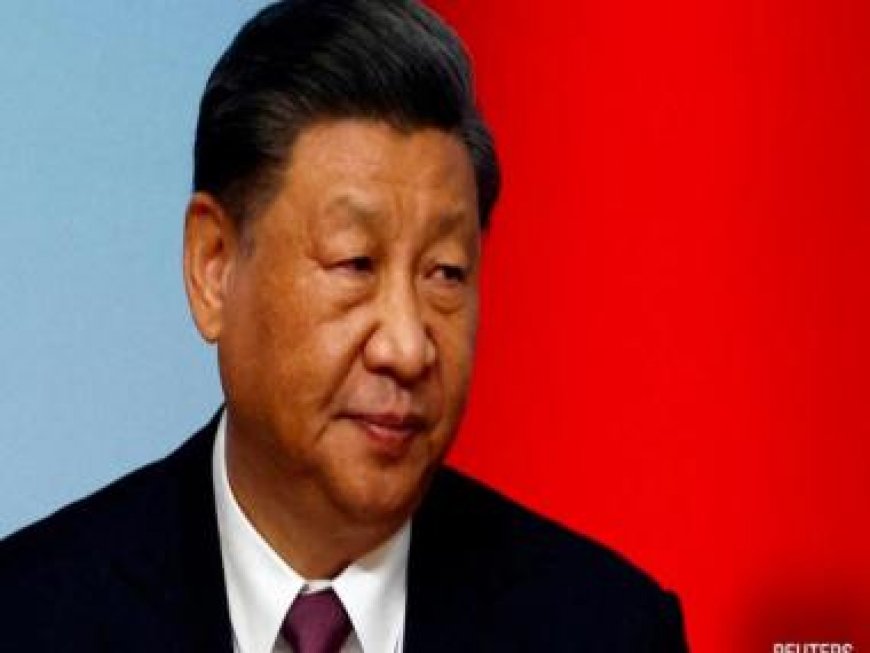China: Amended criminal law to crack down on corruption
China: Amended criminal law to crack down on corruption

As part of its anti-corruption campaign, China on Friday changed its criminal code to punish individuals who pay authorities. This came days after President Xi Jinping urged citizens to uphold their personal integrity.
China’s upper house of parliament, the National People’s Congress (NPC), enacted a change to the Criminal Law.
The new law, which goes into effect on March 1, has made bribery more illegal by declaring that those who offer bribes frequently, to several individuals, or to parties involved in significant national initiatives would face severe penalties.
Bribery in the areas of the environment, finance, safety production, drug and food, social insurance, rescue relief, education, or healthcare is also a problem for those who bribe employees of supervisory, administrative, or judicial agencies.
President Xi issued a warning to senior Communist Party officials on December 4th, urging them to uphold their own integrity, establish stringent guidelines for their relatives to prevent corruption, and desist from mindlessly copying “foreign examples” and hasty decisions.
According to Xi, the top officials “must set strict rules for their family members, relatives, and staff workers around them when it comes to the efforts against corruption,” during a meeting of the Chinese Communist Party’s Politburo.
Since assuming the party’s leadership in 2012, Xi has persisted in his anti-corruption campaign, which has resulted in the punishment of over a million officials—including numerous senior military generals — according to official media accounts.
There was criticism directed at Xi’s exploitation of the campaign’s intensity to effectively quiet his opponents and critics within the government and party.
The annual session of the Parliament will take place on March 5, 2023, according to the announcement made by the Standing Committee of the NPC, which is limited to a smaller group of lawmakers.
Every year, the Chinese People’s Political Consultative Conference (CPPCC), a national advisory body, and the NPC convene for their annual sessions to perform legislative business over around two weeks.
In addition to the work report, the NPC, which is known as the rubber stamp parliament because it often approves the CPC’s plans, will also pass the nation’s yearly budget, which includes defence spending.
(With agency inputs)
What's Your Reaction?



























































